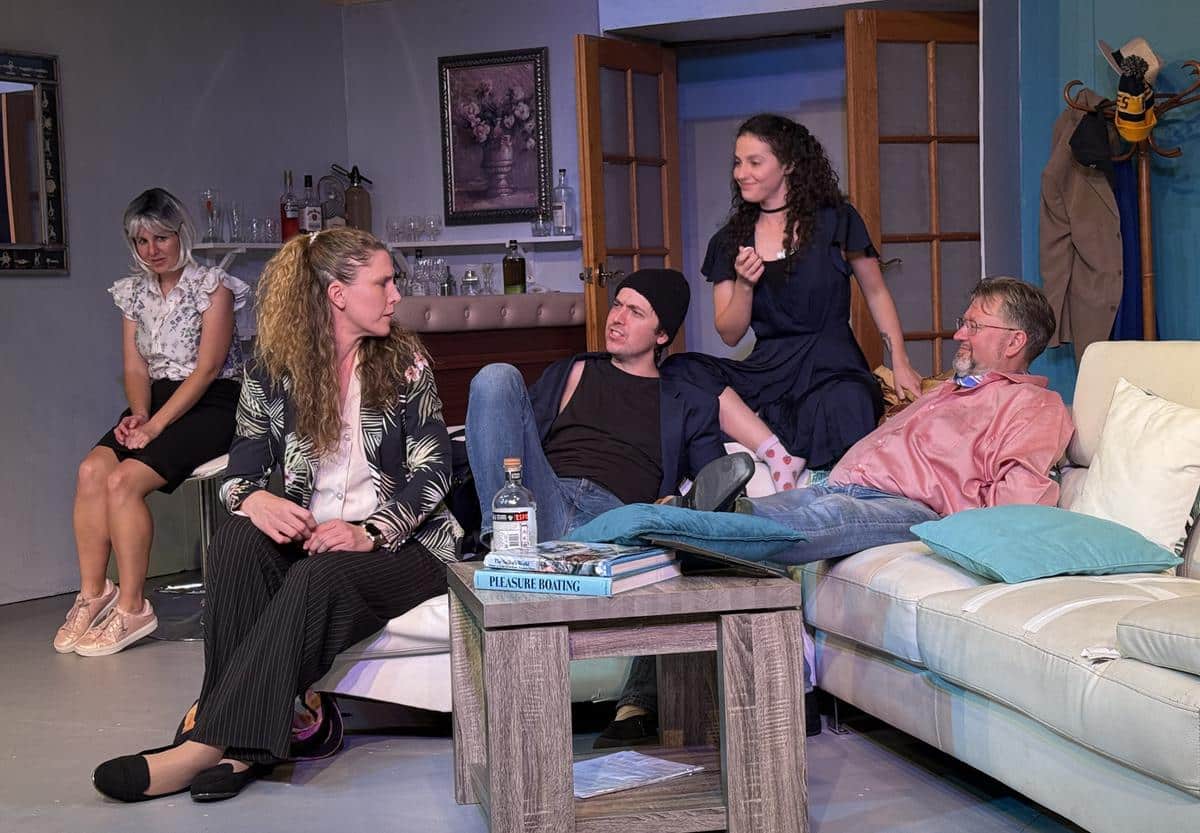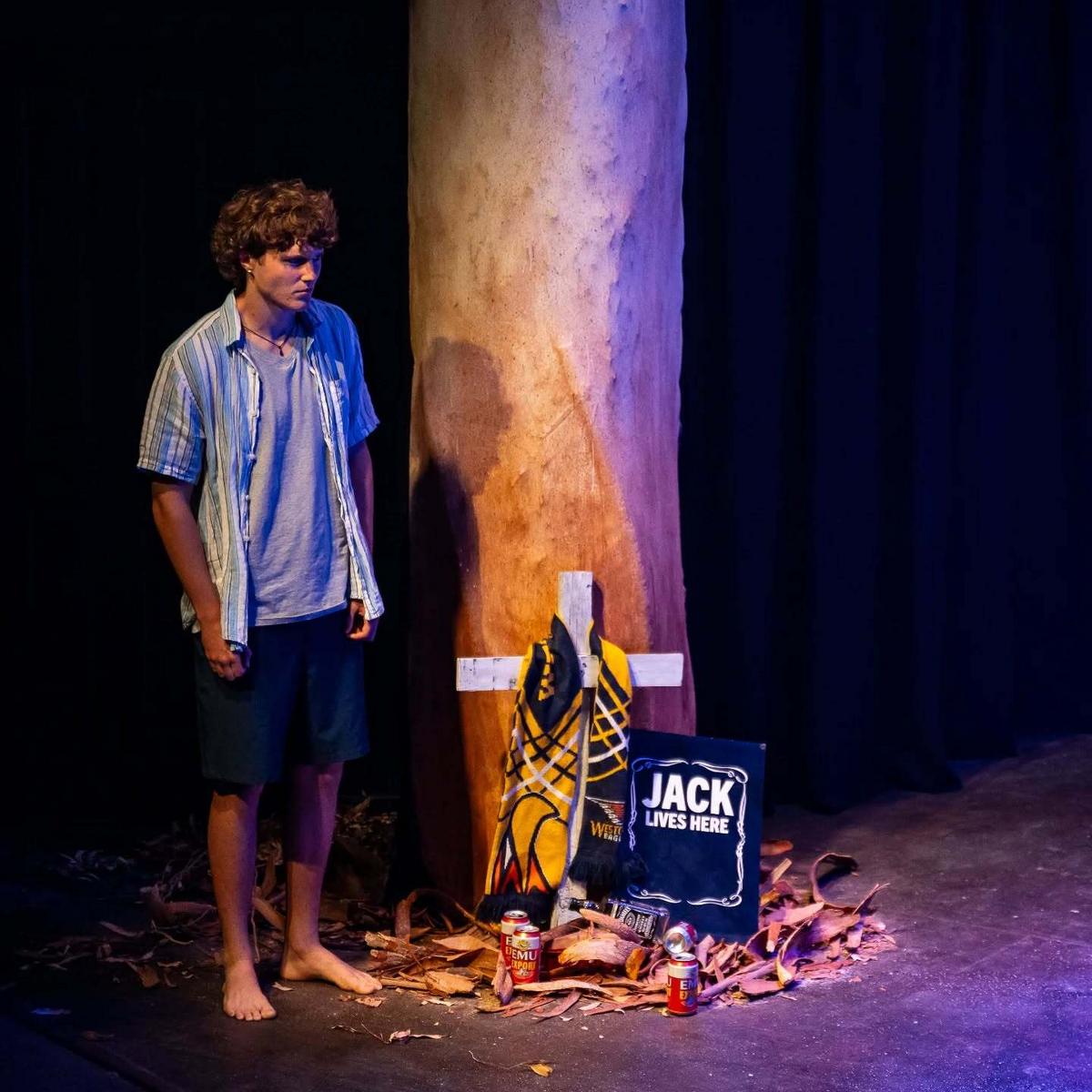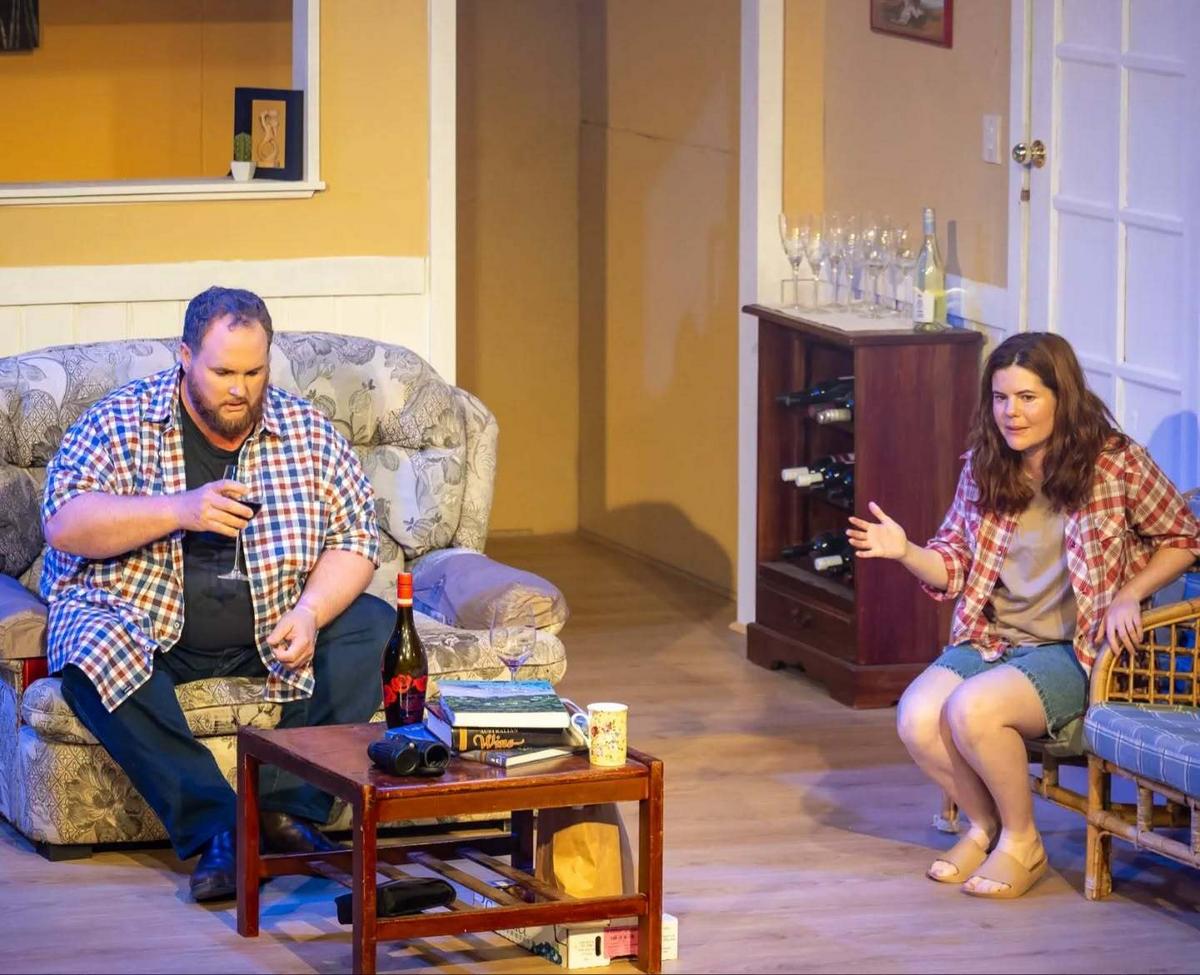The timing of the Spanish Film Festival could not be better, as Sydney plunges into winter, the warmth of the stories, the sun drenched cinematography, and the hot stories from Spain, are truly what the soul needs.
One of the stand outs of the program is the critically acclaimed, multi award winning film about a humble bus driver in charge of route 47 in Barcelona. Little did I expect to be so emotionally moved by a story about a bus driver! But what Manolo stands for is much more than his job, his bus route or career. He comes from a suburb on the outskirts of Barcelona, where each house was built by hand, brick by brick, by Spanish refugees escaping the impoverished and corrupt Andalusian and Extremaduran communities.
Even though the locals bought the land in the Torre Baro district with their own money, they have lived for years as second class citizens of Barcelona, with barely any access to running water, paved roads or political representation.
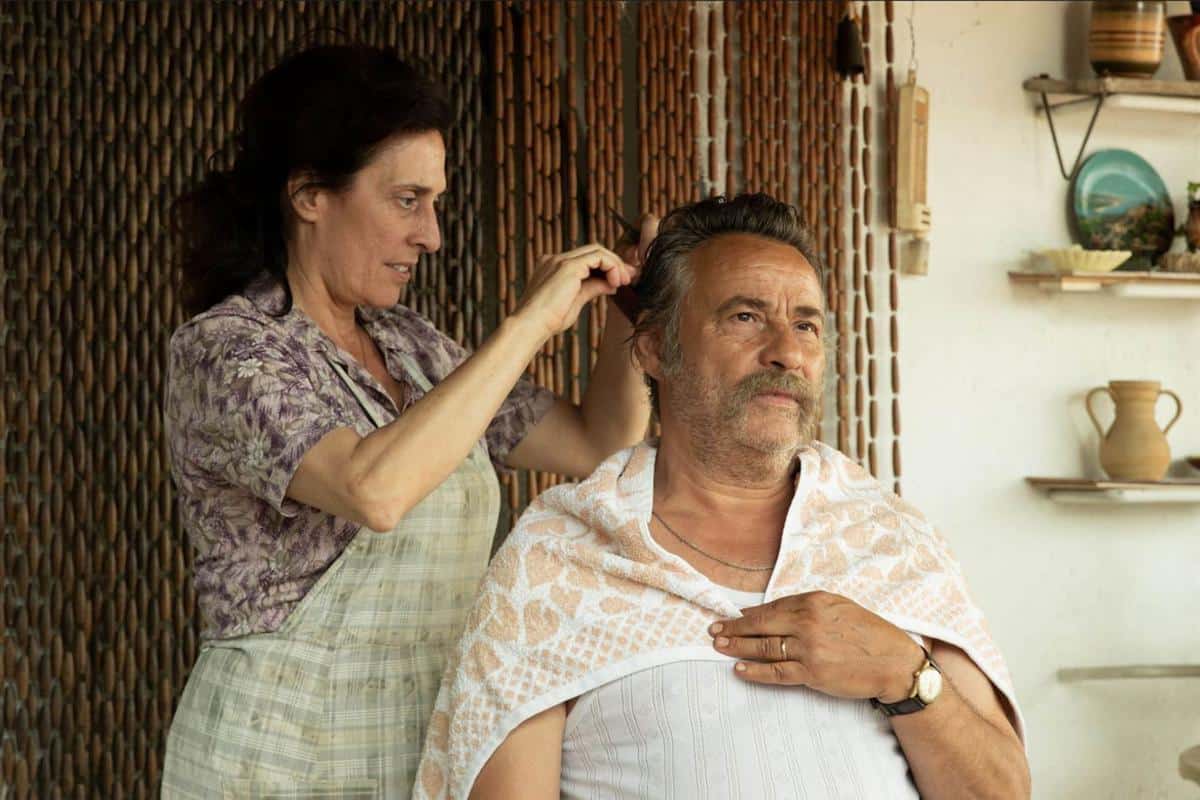
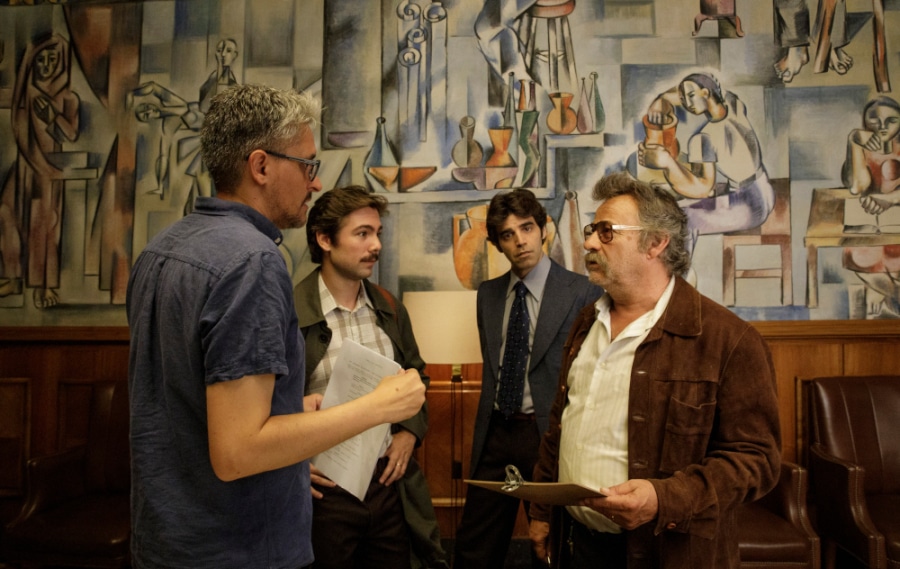
When Manolo, driving for the city Transport Services, sees the neighbourhood losing its young people, with his own home beginning to crumble away and his wife begging to move away, he decides on one last act of rebellion. After all other politically correct avenues fail – he decides to hijack his bus and take it up to the suburb which politicians labelled unreachable.
The beautiful subtlety of the main actor tugs on the heart strings as you witness what one man’s act of rebellion can achieve. Too often we are told one ‘man’ cannot achieve anything against the ‘greater machine’ but in this true story, that one man’s act of rebellion changes everything!
I stand with Manolo! I want to hijack my own proverbial bus and make a change for the better.
Follow this link to book tickets to El 47 or any other Spanish Films Festival showings @ https://spanishfilmfestival.com/.



